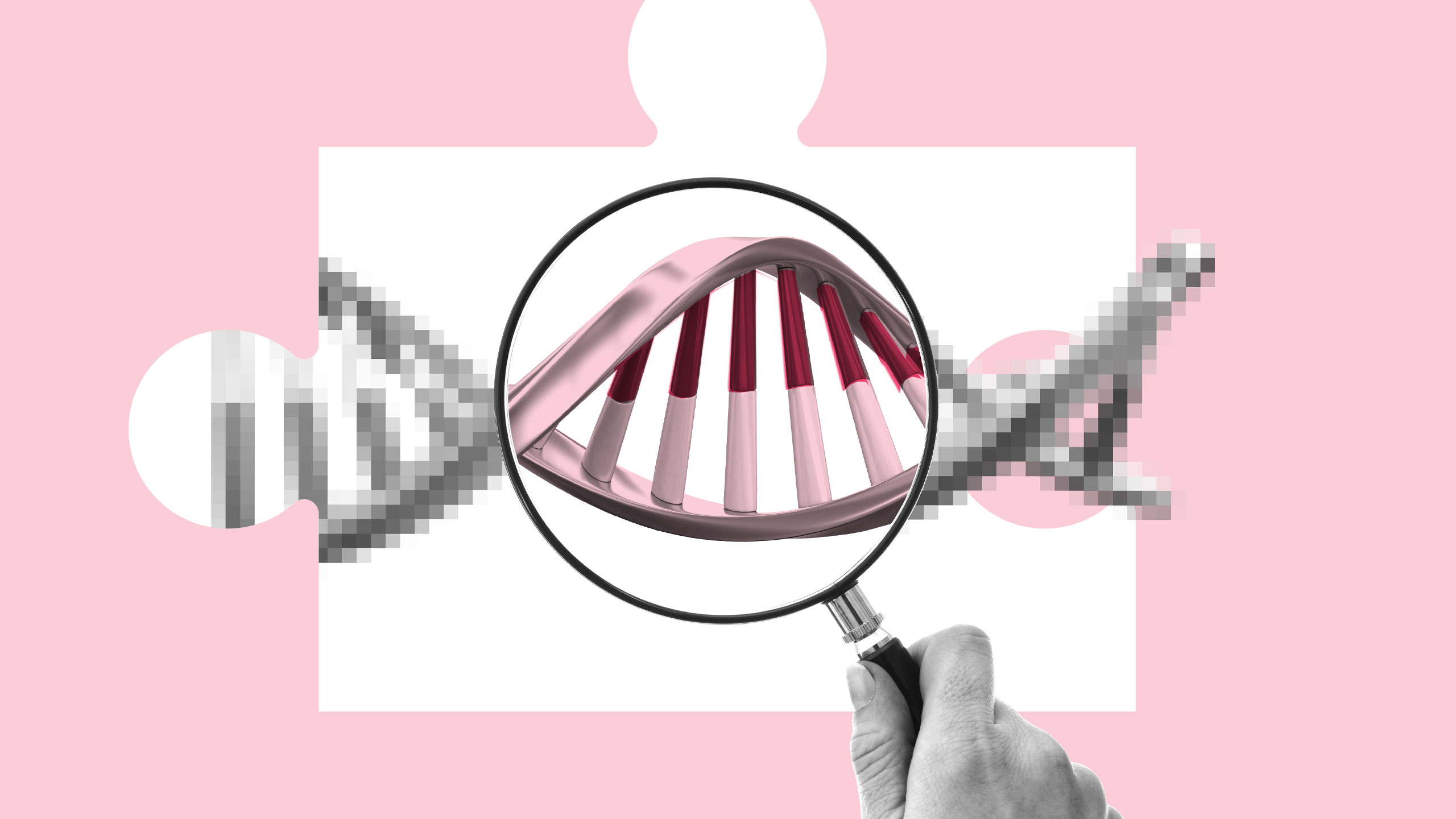In the future, access to data and technologies that enable exploitation of data will be the keys to successfully creating flourishing ecosystems and efficient knowledge-management practices. People will have increasingly more ways to improve their well-being by benefiting from new technologies, data-driven applications and better use of genomic information and biomarker data.
The one-stop shop, Findata, will soon begin its work to allow the secure and easy use of social and health data.
Since 2011, in Finland, a national consensus has been reached through multiple strategies and programmes about the importance of knowledge-based decision-making and linking information and knowledge management to digitisation, experimentation, openness and integration of services.
The result of several years of co-operation across numerous sectors, the one-stop shop, Findata, will soon begin its work to allow the secure and easy use of social and health data for the purposes laid down by the new Act on the secondary use of health and social data.
Sitra’s Isaacus project played an essential role in building an innovation ecosystem and new legislation for the secondary use of well-being data drawn up by the Ministry of Social Affairs and Health. The Isaacus project helped to fulfil the national-level objectives, redefine the organisational processes and responsibilities, and forge a commitment from all parties involved. The project’s main accomplishments were the creation of a prototype for the one-stop-shop service model, the building of new technical infrastructures and greater expertise in the use of new technologies and multi-stakeholder collaboration.
Sitra’s publication A Finnish model for the secure and effective use of data highlights some key lessons from the Isaacus – Digital Heath HUB project that ran officially from 2015 to 2018.

















Recommended
Have some more.